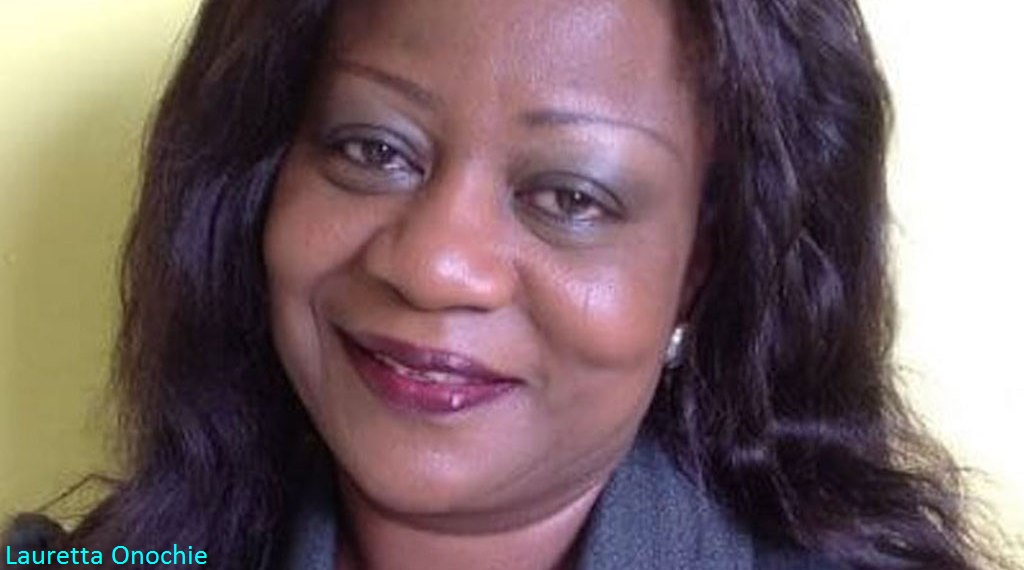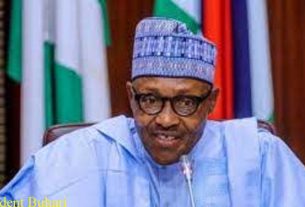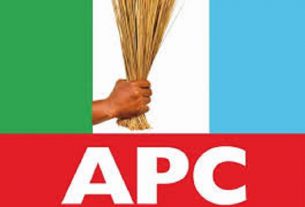This is because there is currently no vacancy for Delta State (where she hails from) as a National Commissioner, Chairperson of the committee, Kabiru Gaya, who presented the report of the vetting done on Ms Onochie’s nomination, said. The committee therefore recommended that the presidential aide’s appointment be rejected.
As reported by Premium Times, Gaya said she was disqualified based on federal character principles as there is currently a serving commissioner from Delta State, where she hails from.
By nominating Onochie, the president committed another blunder in addition to his disregard for the Nigerian Constititution which forbids him from nominating partisan individuals for such a position. The president committed a similar blunder in the past when he appointed dead people to boards of federal parastatals.
Section 14(1)(a&b) of the Third Schedule of the 1999 Constitution as amended stipulates that “the…Commission (INEC) shall comprise the following members: a). a chairman, who shall be the Chief Electoral Commissioner; b). twelve other members to be known as National Electoral Commissioners.”
That means that two national commissioners must be drawn from each of the country’s six geopolitical zones.
“Pursuant to Paragraph 14 of Part I(F) of the Third Schedule to the Constitution of the Federal Republic of Nigeria 1999, as amended, I hereby forward for confirmation by the Senate, the appointment of the following four Commissioners for…INEC,” the letter read.
The letter specifically listed the nominees as “Muhammad Kallah (National Electoral Commissioner), Katsina; Lauretta Onochie (National Electoral Commissioner), Delta; Kunle Cornelius Ajayi (National Electoral Commissioner), Ekiti; and Saidu Babura Ahmad (Resident Electoral Commissioner), Jigawa.
But Onochie cannot be appointed to the position at this time because there is a sitting National Electoral Commissioner, May Agbamuche-Mbu, from the same Delta State that the presidential aide hails from.
Not only is Agbamuche-Mbu’s tenure yet to expire, she also represents the South-south region in the commission. She hails from Oshimili North Local Government Area of Delta State. A single state cannot produce the two national commissioners meant for a geopolitical zone.
Blunder?
Mr Buhari’s decision to appoint Ms Onochie is curious especially because Ms Agbamuche-Mbu still has over five months to serve in the Commission. As a matter of fact, the president’s initial letter nominating Ms Onochie to the position came in October 2020, when Ms Agbamuche-Mbu still had over a year to the expiration of her five-year tenure.
The Senate had on November 17, 2016 confirmed Ms Agbamuche-Mbu as a National Electoral Commissioner. This means she has at least five more months in office – if she is not reappointed.
There is also nowhere in Mr Buhari’s letter where he indicated to the Senate that Ms Onochie will replace Ms Agbamuche-Mbu now or later.
Blunder apart, Law breached too
Besides naming a nominee for an office that has no vacancy, the president also breached Section 14(2a) and 14(3b) of the Third Schedule of the Constitution which specifically declares that appointees to the electoral body must be non-partisan and also not a card-carrying member of any political party.
Section 14(2a) of the Third Schedule of the 1999 Constitution as amended states that “a member of the commission shall be non-partisan and a person of unquestionable integrity.”
Section 14(3b) of the same Schedule states that “there shall be for each state of the federation and the Federal Capital Territory of Abuja, a Resident Electoral Commissioner who shall be a person of unquestionable integrity and shall not be a member of any political party.” This, however, directly applies to members appointed as Resident Electoral Commissioners.
This completely disqualifies Onochie who is not just a presidential aide but also a member of the All Progressives Congress (APC). She is known to have repeatedly expressed partisan views in the past.
She had in 2018 and 2019, campaigned for the president’s second term (#NextLevel Agenda).
Onochie was also one of the Nigerian politicians identified in a Premium Times analysis who deployed fake news as campaign strategies online.
Her nomination triggered outrage among Nigerians. Individuals and civic groups asked the president to withdraw the nomination on grounds that Ms Onochie is partisan.
Many also said her appointment could jeopardise the credibility of future elections.
Deafening silence
The presidency has been silent on the issue.
Ms Onochie’s controversial nomination as INEC commissioner is not the first case of a partisan individual transmitted to the ninth Senate for appointment to the commission.
Raheem Olalekan was a “former” APC member nominated as a resident electoral commissioner by the president. He confessed to being a member of the APC during his screening exercise.
He also admitted that he contested for local government chairmanship in Osogbo, Osun State even though he said ”he stopped being a card-carrying member of the party in 2017”.
His nomination was rejected by the Senate after the chairman of the panel, Kabiru Gaya, asked his colleagues to stand down Mr Olalekan’s screening because a petition had been written against him accusing him of being a card-carrying member of the APC.
The senators have now given Onochie the same treatment they dished out to Mr Olalekan.





